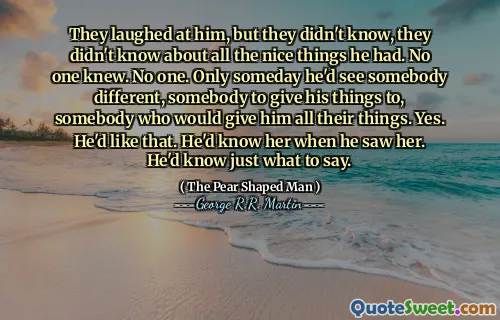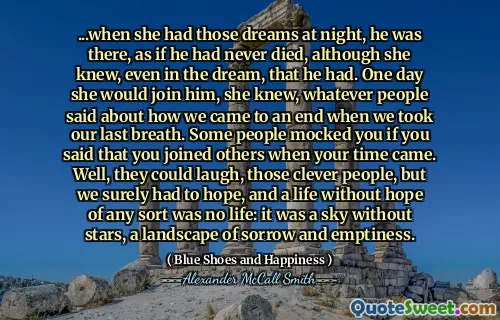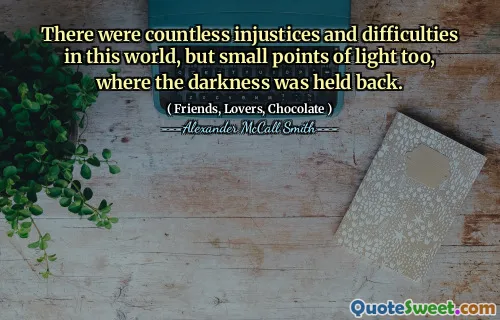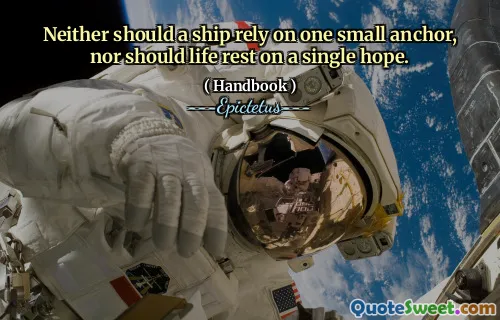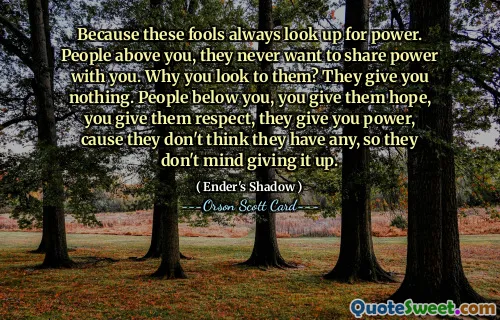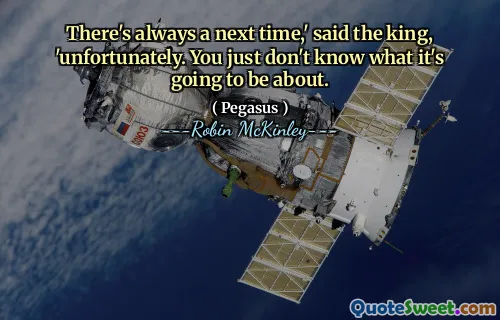
They laughed at him, but they didn't know, they didn't know about all the nice things he had. No one knew. No one. Only someday he'd see somebody different, somebody to give his things to, somebody who would give him all their things. Yes. He'd like that. He'd know her when he saw her. He'd know just what to say.
This quote reflects a deeply human experience of feeling misunderstood and undervalued by others, yet holding onto hope and faith in future connections that will be genuine and reciprocal. It conveys the pain of being laughed at or judged without others truly understanding who someone is beneath the surface or appreciating their inner 'nice things'—qualities, feelings, thoughts, or intangible treasures that don't easily show to the outside world.
The speaker's resolve and optimism that one day they will encounter someone "different" who truly recognizes their worth and to whom they can freely give themselves and receive in return is profoundly moving. It touches on themes of patience, self-awareness, and the yearning for mutual acceptance, love, and understanding. The idea that "he'd know her when he saw her" communicates an intuitive knowing, suggesting that the right connection transcends rational explanation and is recognized deeply within one's self.
This narrative can resonate with anyone who has ever felt isolated or invisible yet longs for a meaningful relationship or bond. It reminds us not to underestimate the quiet richness individuals may possess inside their hearts, and highlights the universal hope for a future where one's kindness and uniqueness are valued and reciprocated. It is a message about resilience, hope, and the transformative power of authentic human relationships.
